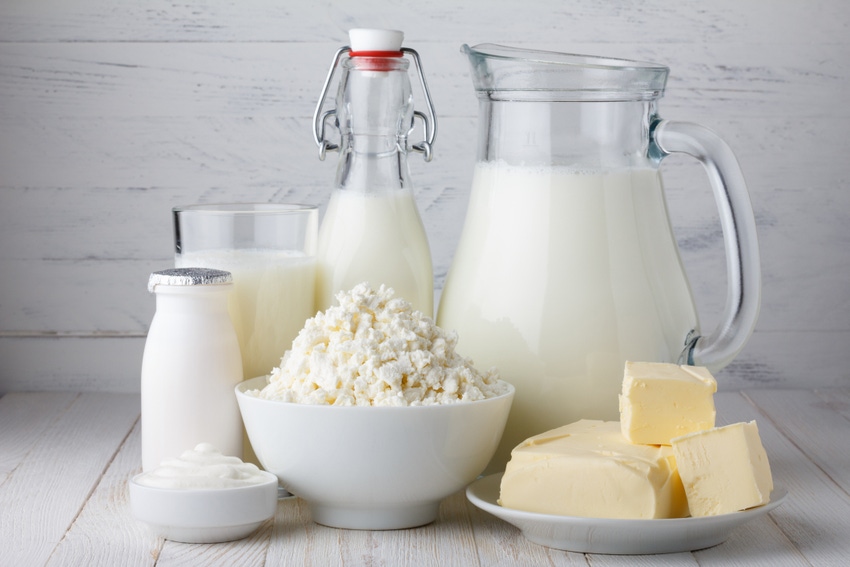Most tariffs on dairy products and ingredients will decrease by 50% or more and frozen pork products by 10-15%.
May 29, 2020

Vietnam has signed a decree unilaterally lowering tariffs on key dairy products and ingredients, including skim milk powder, whole milk powder, cheese, milk albumin and protein isolate. It also lowered tariffs on frozen pork products. The decree goes into effect on July 10, and will last until the end of the year.
Most tariffs on dairy products and ingredients will decrease by 50% or more. The U.S. Dairy Export Council (USDEC) received confirmation May 28 that the decree has officially been announced by Vietnam Prime Minister Nguyen Xuan Phuc.
USDEC said it worked for more than a year to secure the measure. It reduces a competitive disadvantage created when the Trans-Pacific Partnership went into effect without U.S. participation, along with other free-trade agreements, including one with the European Union.
Since 2017, U.S. dairy exports to Vietnam have grown by more than 50%, to $170.5 million (86,230 metric tons) last year, making it the U.S. dairy industry’s eighth-largest export market.
“Vietnam’s decision to unilaterally lower tariffs will better position the U.S. dairy industry to provide a consistent supply of high-quality and competitively priced dairy products to the mutual benefit of both nations,” said USDEC President and CEO Tom Vilsack. “The effort illustrates how the U.S. Dairy Export Council delivers value to its member companies and dairy farmers.”
With Australia/New Zealand and the European Union all gaining preferred access to Vietnam through the Comprehensive Agreement for Trans-Pacific Partnership and the EU-Vietnam Trade Agreement, USDEC saw that U.S. suppliers would soon be facing a significant competitive disadvantage. The Trade Policy team, working with the Market Access and Strategy and Insights teams, began a campaign to reduce that competitive disadvantage.
USDEC submitted a petition to reduce tariffs to the Vietnamese government in April 2019, traveled to Vietnam to meet with government officials and utilized a focused local team to conduct follow-up contact in-market with Vietnam.
“While this is certainly a development to celebrate,” Vilsack said, “USDEC will continue working toward a free-trade agreement with Vietnam that expands U.S. market share by removing all dairy tariffs and ensuring that the access afforded to U.S. suppliers is second to none.”
Vietnam also announced it will temporarily reduce its Most Favored Nation (MFN) tariff rates from 15% to 10% percent for frozen pork products. The United States is among countries able to receive the MFN rates and once implemented, this will level the playing field with other Comprehensive and Progressive Agreement for Trans-Pacific Partnership (CPTPP) countries that have free trade agreements with Vietnam.
A trade agreement with Vietnam is a top priority for U.S. pork producers, especially as the country battles African swine fever and needs safe, reliable and affordable sources of pork. In August 2019, The National Pork Producers Council (NPPC) said it helped secure a U.S. Department of Agriculture (USDA) grant enabling the Swine Health Information Center to run a research project in Vietnam to better under the disease in an active-outbreak setting.
You May Also Like


.png?width=300&auto=webp&quality=80&disable=upscale)
